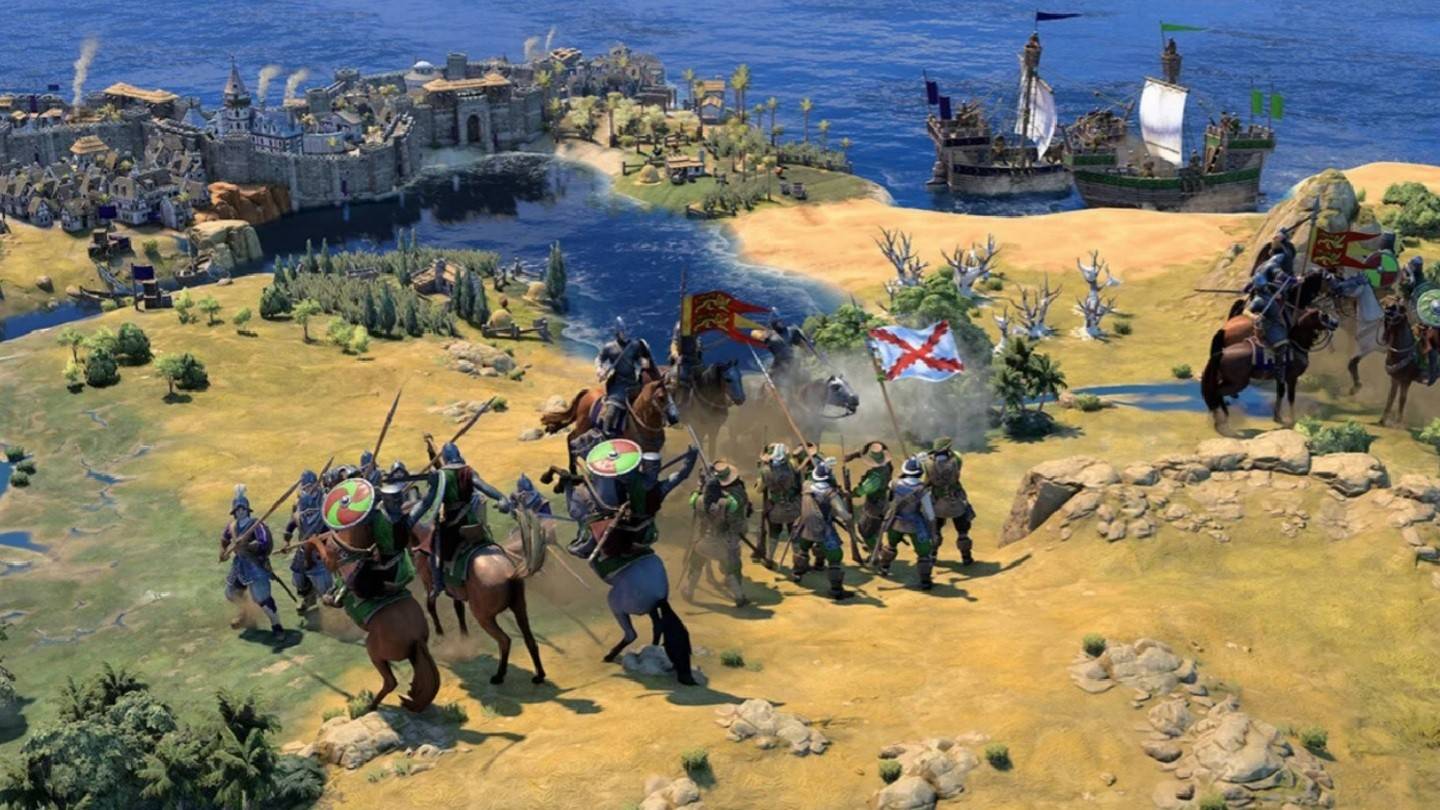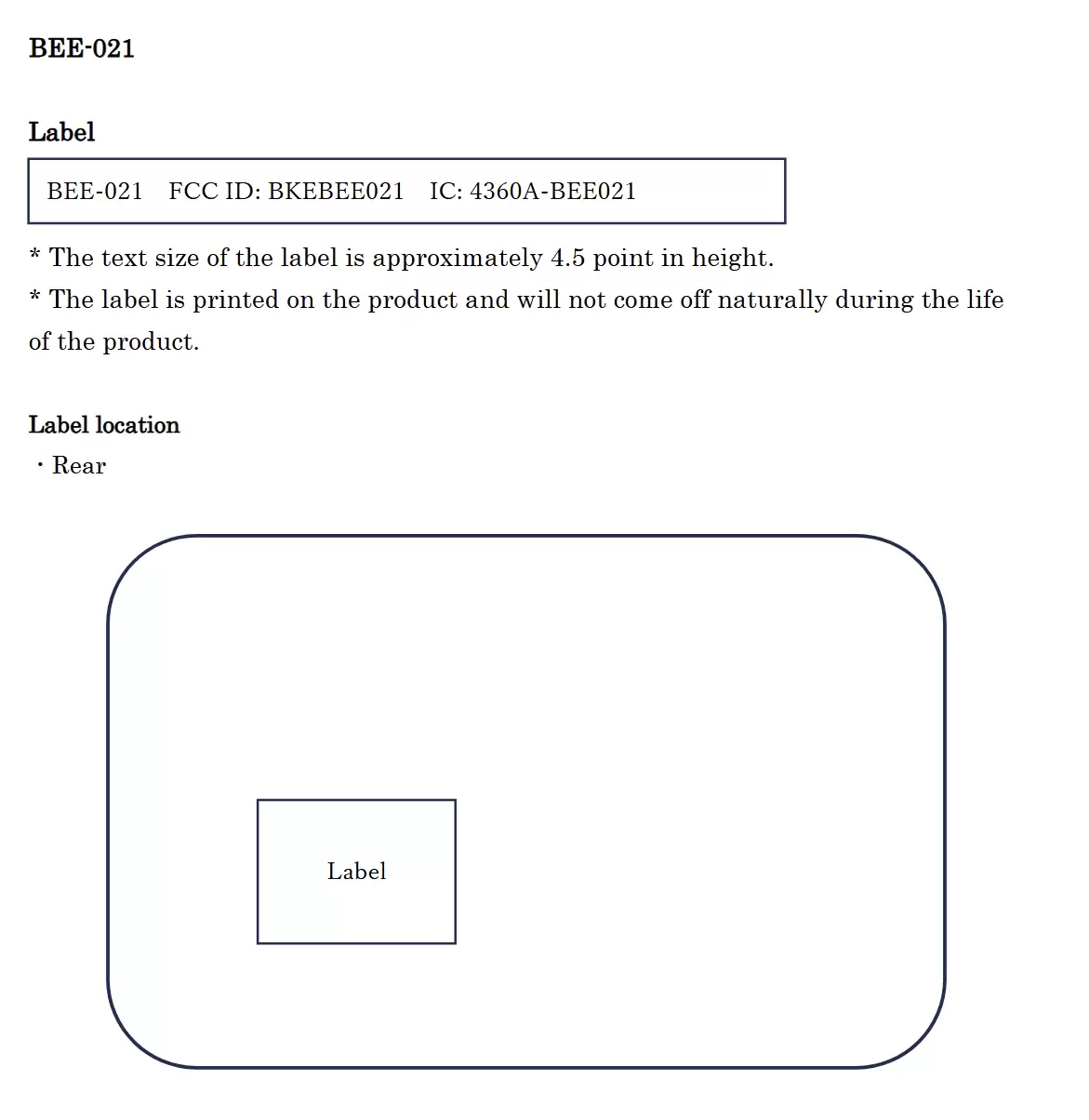
Sid Meier's Civilization VII faced initial criticism for its significant gameplay changes showcased during its first gameplay demonstration. However, based on final previews from journalists, these novelties are expected to be profound and satisfying for strategy game enthusiasts. The seventh installment "shakes up" the traditional gameplay by integrating numerous new mechanics.
A key feature is the leader selection screen, which now includes a system where frequently used leaders can earn unique bonuses, enhancing replayability and strategic depth. The game spans multiple eras, including Antiquity, Medieval, and Modernity, allowing for "isolated" gameplay experiences within each period. Transitioning between eras feels like embarking on a new game, offering fresh challenges and opportunities.
Civilization VII introduces flexibility by allowing players to quickly alter their civilization's direction. A significant change is the removal of laborers; cities now expand autonomously, streamlining the management aspect of the game. Leaders in the game unlock unique perks as players continue to use them, adding personalization to the strategy.
Diplomacy in Civilization VII operates as a "currency" with influence points, which players can use to forge treaties, form alliances, and condemn other leaders, making diplomatic interactions more dynamic and impactful. Despite these advancements, the AI has been noted as a weak point, leading to recommendations for co-op play to enhance the gaming experience.
Gamers and critics alike view Civilization VII as the boldest attempt to revolutionize the classic formula of the series, promising a deep and engaging experience for strategy fans.









